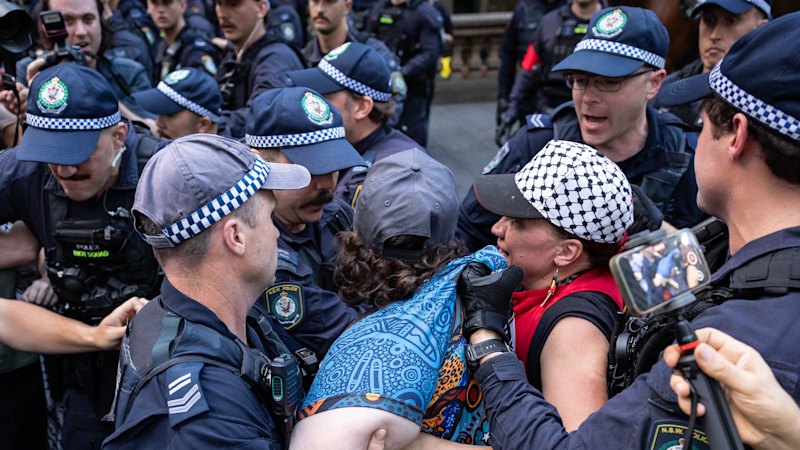
Inside the dimly lit confines of Melbourne’s Inflation nightclub, a scene unfolds that might surprise the uninitiated. The Saints & Sinners Ball, a quarterly event, draws around 800 attendees, all eager to explore the boundaries of their desires. This gathering, a staple in the city for over three decades, exemplifies Australia’s evolving embrace of ethical non-monogamy.
As I navigate the crowd, I witness a myriad of scenes: a woman strapped to a spanking bench, a casual conversation between two men, and a contest judged by audience cheers. This is a world where voyeurism is permitted, provided it remains respectful. The event is a testament to the growing visibility of what is colloquially known as “The Lifestyle,” a broad term encompassing various forms of consensual non-monogamy.
The Rise of Ethical Non-Monogamy
The concept of ethical non-monogamy isn’t new, but its acceptance and practice have surged in recent years. According to Chantelle Otten, a prominent Australian sexologist, “It’s more intentional and inclusive now, and more appealing to femmes.” The rise of explicit “romantasy” literature and sex-positive media has contributed to this shift, making the lifestyle more approachable for newcomers.
Statistics from RedHotPie, a popular alternative relationships app, reveal a 50% increase in users between 2020 and 2025, with over a million new Australian accounts. This surge reflects a broader societal trend toward exploring non-traditional relationship structures.
Historical Context and Evolution
The roots of swinging, as a modern movement, trace back to the 1940s in the United States, where it reportedly began among US Air Force pilots during World War II. Over the decades, it has evolved from clandestine gatherings to more organized and visible events. In Australia, the scene gained traction in the 1990s with the advent of mass party events like the Saints & Sinners Ball.
Di, a veteran of the scene, recalls the early days when swinging was largely underground. “It was very underground, as was swinging itself,” she says. Today, however, the scene is thriving, with events like PURR in Melbourne attracting hundreds of attendees.
Community and Consent
Central to the appeal of ethical non-monogamy is the emphasis on consent and community. Events like Our Secret Spot in Sydney prioritize creating a safe and inclusive environment. “Consent is everything,” says Jess Cattelly, the founder. The venue features various themed rooms, from voyeur spaces to BDSM areas, ensuring diverse experiences for attendees.
Many events now employ “consent angels,” volunteers who ensure that all participants feel safe and respected. Carly Taylor, one such volunteer, emphasizes the importance of this role. “If someone doesn’t feel right or needs a friend to talk to, we’re that friendly face,” she explains.
Challenges and Misconceptions
Despite its growing popularity, ethical non-monogamy faces challenges. Misconceptions persist, with some viewing it as a threat to traditional relationships. However, advocates argue that it can enhance intimacy and communication between partners. As Chantelle Otten notes, “You have to understand how to give and receive, offer and decline. But you make the rules.”
Security and safety are also paramount concerns. Events are often self-policing, with communities quick to ostracize those who violate consent. Yet, as with any community, issues can arise. “You can screen and vet, but can you see through everyone’s motivations?” asks Otten.
The Future of The Lifestyle
The landscape of ethical non-monogamy in Australia is shifting. Newer, more inclusive events are emerging, catering to a broader audience. For instance, MINGLE in Melbourne offers a more casual introduction to the scene, with social gatherings that ease participants into the lifestyle.
As the community grows, so do the opportunities for exploration and connection. From intimate house parties to large-scale events, the options are expanding. This growth is not without its challenges, but it signals a cultural shift towards greater acceptance and understanding of diverse relationship models.
Ultimately, the rise of ethical non-monogamy in Australia reflects a broader societal trend towards exploring new forms of intimacy and connection. As more people embrace this lifestyle, the conversation around relationships continues to evolve, challenging traditional norms and opening up new possibilities for connection and self-discovery.







